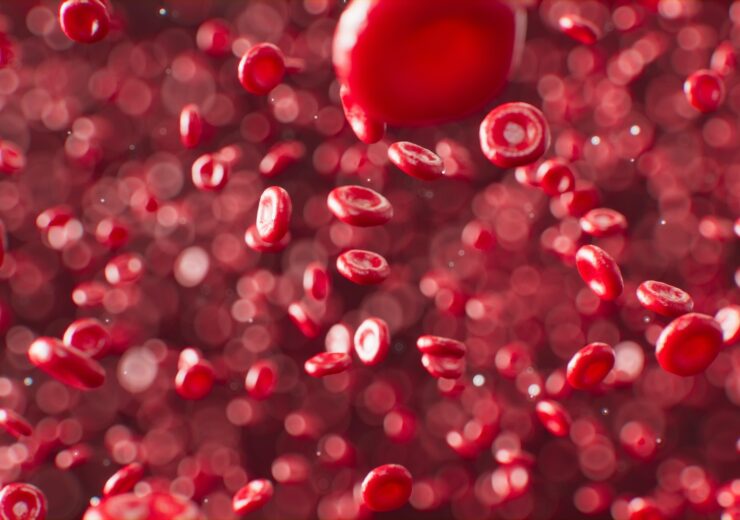The company has also announced an exclusive partnership with Tokyo-based Kaneka for the distribution of the adjustable thrombectomy device in Japan

Japan’s PMDA has approved Rapid Medical’s TIGERTRIEVER revascularisation device. (Credit: ANIRUDH on Unsplash)
Rapid Medical, an Israel-based neurovascular devices developer, has received approval from Japan’s Pharmaceuticals and Medical Devices Agency (PMDA) to use its TIGERTRIEVER revascularisation device in mechanical thrombectomy.
The company has also announced an exclusive partnership with Tokyo-based Kaneka for the distribution of the device in Japan.
TIGERTRIEVER is designed to trigger clot integration and safeguard the vessel from injury during ischemic stroke procedures.
Following the PMDA approval, the adjustable thrombectomy device has become the first device to provide customised solutions for mechanical thrombectomy in Japan.
Inspired by breakthroughs in aerospace engineering, TIGERTRIEVER is said to offer more user control than traditional stent retrievers.
According to Rapid Medical, the device is suitable for Japan and other Asian nations with a high incidence of underlying intracranial atherosclerotic disease (ICAD).
The TIGERTRIEVER revascularisation device can be enlarged and contracted as needed to initiate clot integration, thereby potentially lowering the risk of vascular perforation or injury during its retrieval.
Rapid Medical International president Eitan Havis said: “Japan now has access to a single tool that adjusts specifically to the patient’s anatomy for high first pass success.
“It has been a much-needed endeavor to introduce patient-specific stroke procedures to Japan and other Asian countries like China since there is no room for compromise with the brain.”
The adjustable thrombectomy device’s superiority in comparison to conventional stent retrievers was demonstrated in previously published clinical studies. The findings from its TIGER multicentre trial showed three statistically significant improvements compared to an average from six stent retriever trials.
The device demonstrated improvements in favourable clinical outcomes, minimising emboli to new territory, and restoring blood supply to the brain.
Furthermore, due to a very high first-pass success rate, the TIGER trial demonstrated quick procedure times that were comparable to aspiration alone.
In August this year, Rapid Medical secured China’s National Medical Product Administration (NMPA) approval for the TIGERTRIEVER device.
